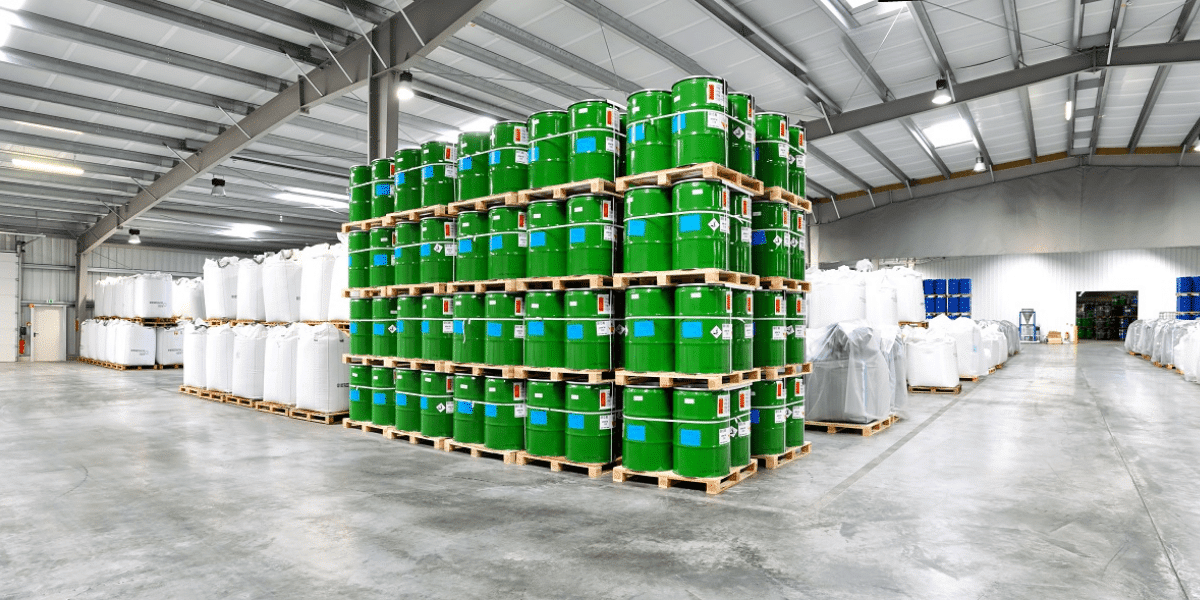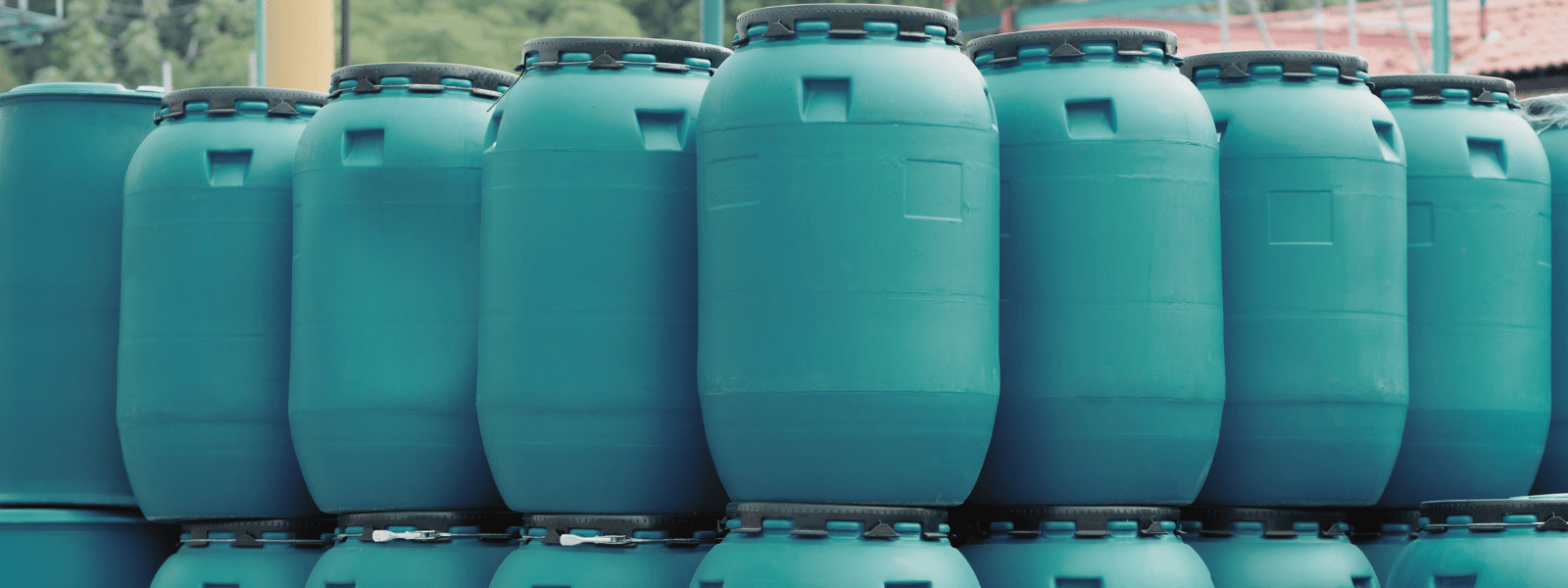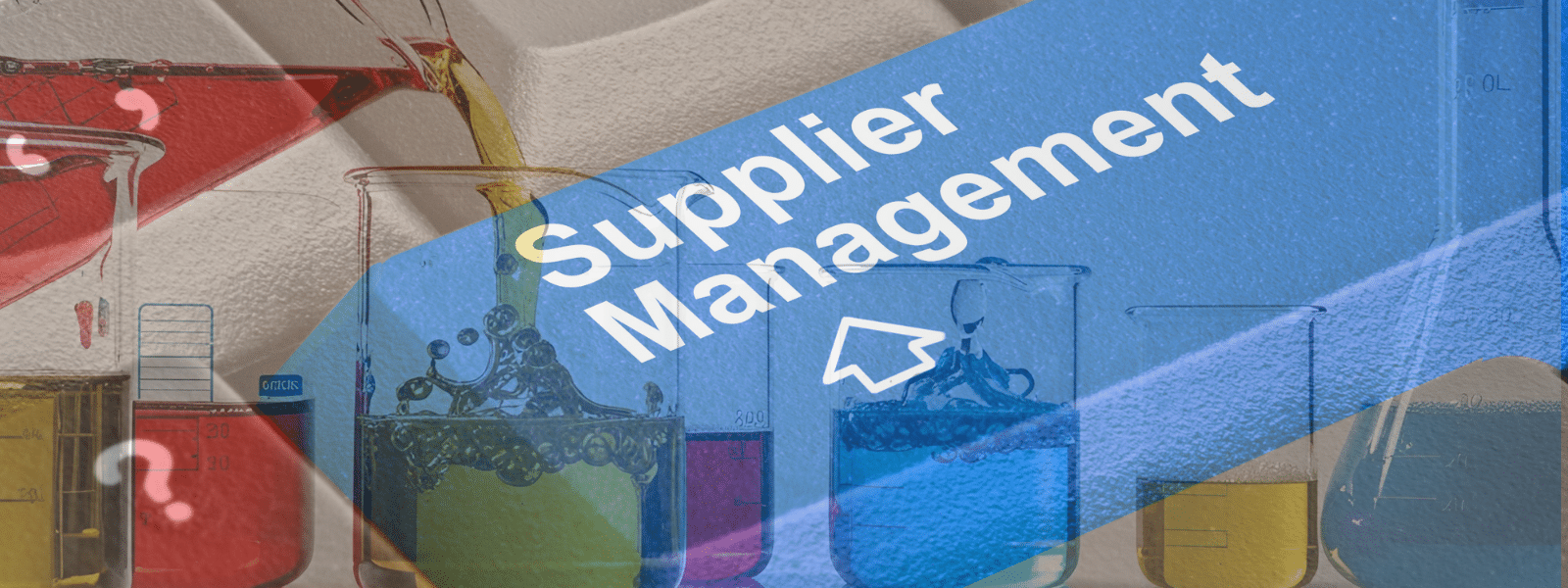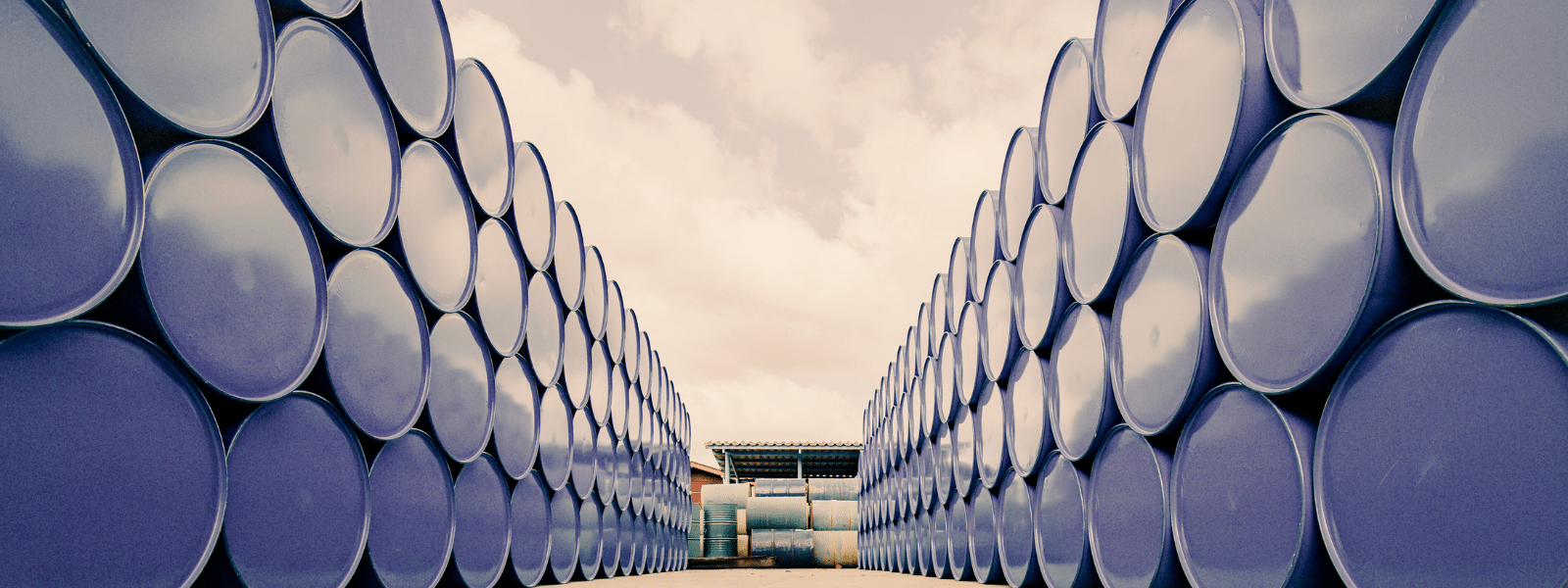Hydrofluorocarbons present may have emissions properties that are not ideal for the environment. Hydrofluoroethers on the other hand have properties that promote eco-friendliness. Keep reading below to learn more about hydrofluorocarbons versus hydrofluoroethers.
\What are hydrofluorocarbons (HFCs)?
Hydrofluorocarbons are a group of artificial compounds, also classified as greenhouse gases, that is composed of hydrogen, fluorine, and carbon atoms. Most are colorless, odorless, and nonreactive. This group of compounds is commonly used for cooling systems and other applications, including:
- Refrigeration
- Air conditioning
- Insulation building
- Aerosols propellant
What is wrong with HFCs?
Unfortunately, hydrofluorocarbons have a relatively negative reputation as being powerful contributors to global warming, with certain HFCs, such as trifluoromethane, having a significantly higher warming potential than carbon dioxide. Though HFCs replaced chlorofluorocarbons (CFCs) as a safer alternative to the environment, HFCs still have a very high warming potential and their contribution to greenhouse gas emissions is increasing at a rapid rate, specifically at around 10% to 15% percent every year.
What are hydrofluoroethers (HFEs)?
Hydrofluoroethers are a group of organic solvents that were formulated as an alternative to environmentally harmful chemicals, such as HFCs and CFCs. HFEs have multiple applications as industrial chemicals, including:
- Refrigeration
- Degreasing solvent
- Cleaning agent
- Heat transfer fluid
Are HFEs better than HFCs?
In terms of eco-friendliness, yes! HFEs have a significantly lower warming potential than HFCs. Unlike HFCs. HFEs have almost zero contribution to ozone depletion. Though they are still classified as greenhouse gases, HFEs have very short lifetimes in the atmosphere, specifically around only two weeks, as opposed to HFCs’ 15 to 29-year atmospheric lifetime.
Other than being eco-friendly, what are some other benefits of HFEs?
Some of the best properties of HFEs as solvents include:
- Low toxicity
- Non-flammable
- Compatible with most metals and various materials
- Low surface tension
- Low viscosity
Low surface tension and viscosity allow for HFEs to work very well as degreasing products, cleaning solutions, and vapor degreasers, namely because a low surface tension will enable a cleaning fluid to reach into snug spaces because it spreads out further than high surface tension solutions would. Though HFEs typically have low toxicity, it decomposes at high temperatures to give the decomposition products of hydrogen fluoride and fluorocarbons, which can be toxic to humans.
Looking for products made of Hydrofluoroethers?
Looking for an eco-friendly reliable product to satisfy your industrial or business needs? You can begin shopping for products here, or you can contact the specialized staff here to find the best product for you! To learn about sustainable chemicals strategy, click the link here.
















